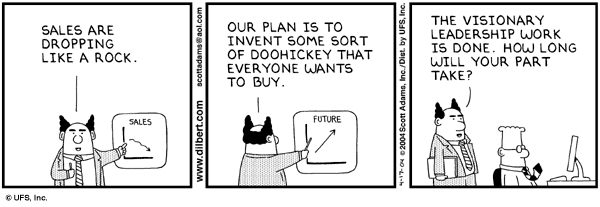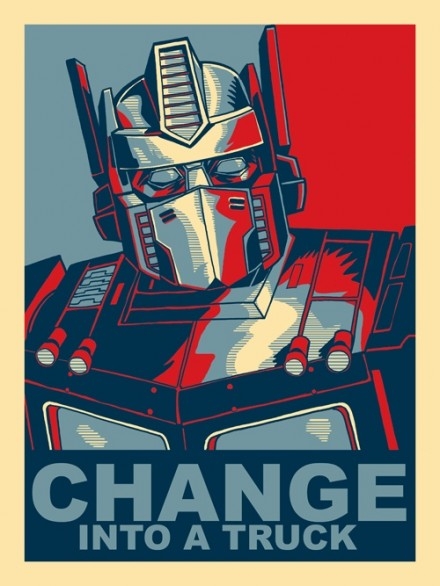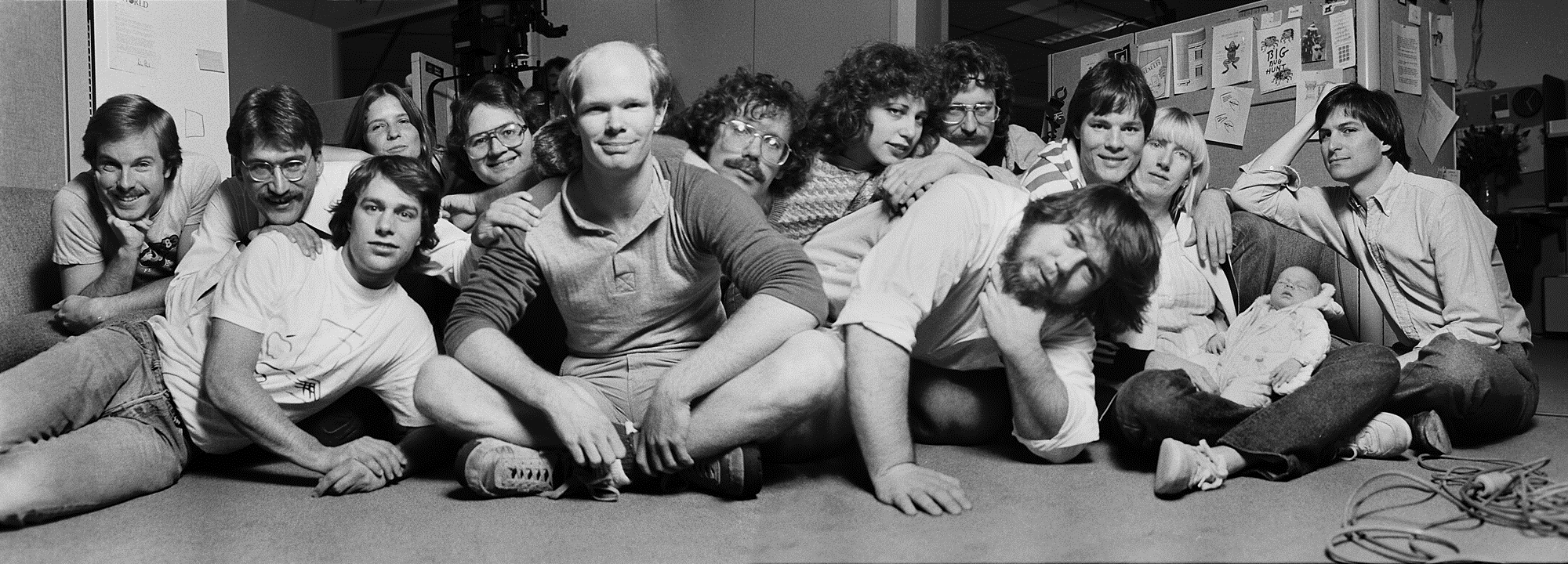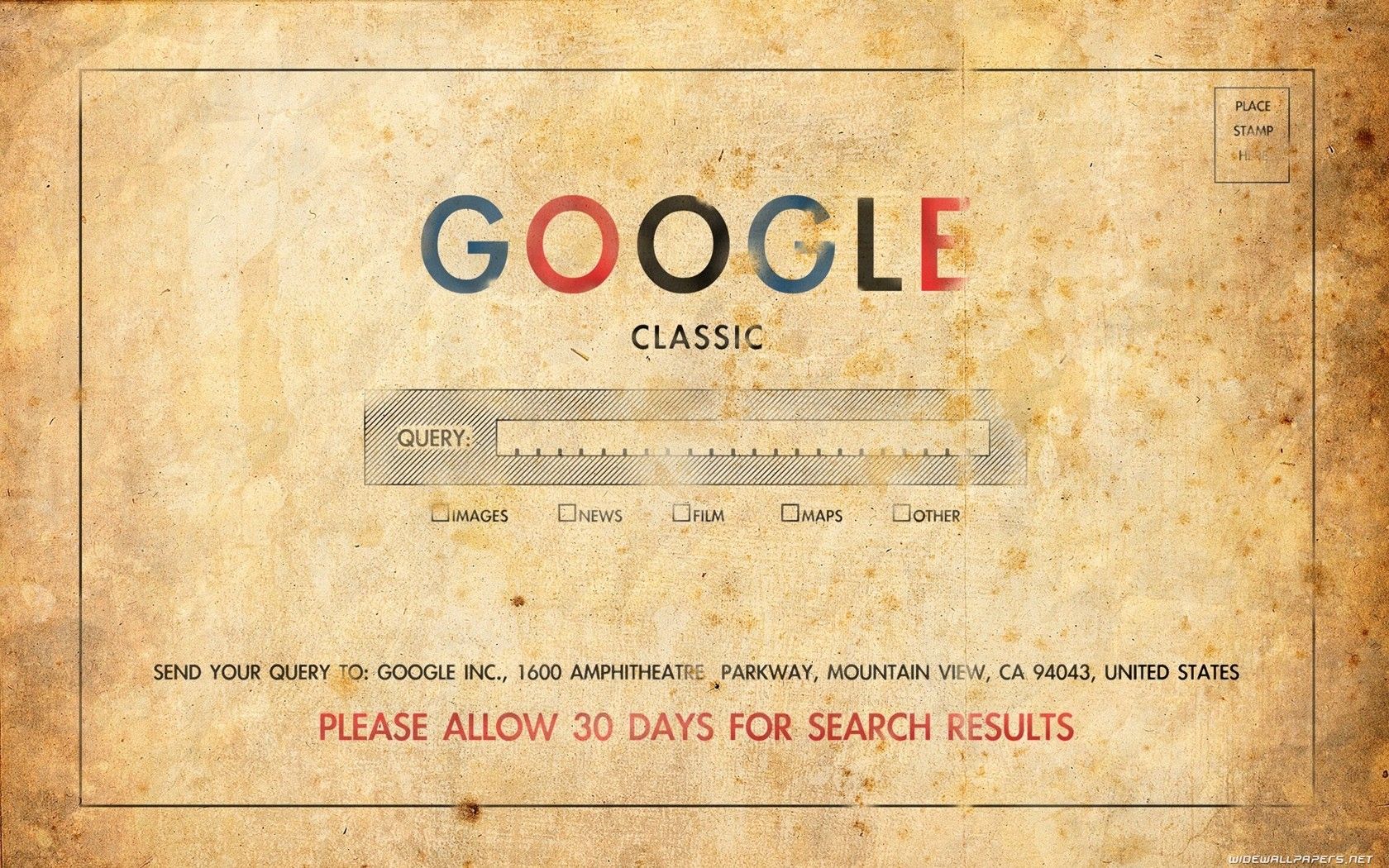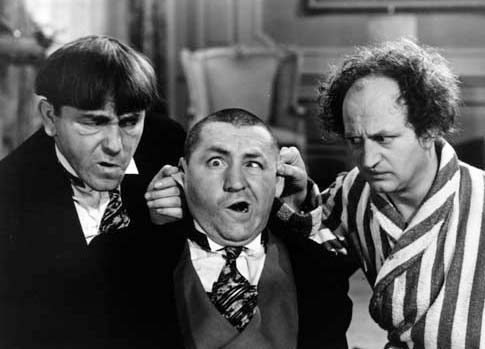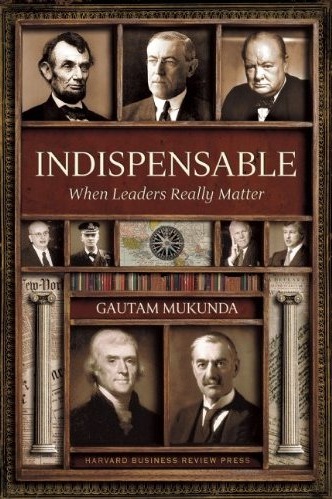9 things you need to do to be seen as a fair leader:
at makes a fair leader? Being a fair leader is no easy task. Albert Bernstein is a business consultant and a practicing psychotherapist with a knack for teasing out how fundamental human drives play out in the office. He gives deep insight into why we behave the way we do in a work context and the hurdles we need to overcome to best get things accomplished. Via Sacred Bull: The Inner Obstacles That Hold You Back at Work and How to Overcome Them:…
3 minutes
Behavior change: How do you get people to do the right thing?
at's a simple way to cause behavior change? Behavior change is not easy. But there's a great TED talk that shows a simple way to influence people to do the right thing. And it leverages a principle we can all use in our daily lives. Alex Laskey spoke about how we can use the psychology of behavior change to get people to reduce their energy consumption. Grad students hung signs on people's doorknobs, asking them to turn off their air-conditioning and…
2 minutes
Great groups: What 15 things do breakthrough genius teams share?
rren Bennis and Patricia Biederman studied a number of breakthrough great groups to see what made them so successful. They compiled the results into their book, Organizing Genius. They looked at the Disney's Animation division, the Manhattan Project (developed the nuclear bomb), Xerox PARC (designed the modern computer interface), the 1992 Clinton campaign (pulled off an enormous victory), Lockheed's Skunk Works (created the U2 spy plane and the Stealth Bomber), and others. What makes Great Groups? Highlights from Organizing Genius: 1. Greatness starts with…
6 minutes
Creative companies: What are the 10 secrets of innovative offices?
What do creative companies do right? Keith Sawyer got his PhD studying under Mihaly Csikszentmihalyi — the researcher who coined the idea of Flow. I've posted about his research on top creative teams and how brainstorming is broken. What did he find when he studied creative companies? 1) Keep Many Irons in the Fire Via Group Genius: The Creative Power of Collaboration: In 1997, Shona Brown of McKinsey and Company, working with Kathleen Eisenhardt of Stanford University’s business school, compared three collaborative organizations…
5 minutes
What’s the best way to influence others?
k for advice. Via Adam Grant's excellent Give and Take: A Revolutionary Approach to Success: New research shows that advice seeking is a surprisingly effective strategy for exercising influence when we lack authority. In one experiment, researcher Katie Liljenquist had people negotiate the possible sale of commercial property. When the sellers focused on their goal of getting the highest possible price, only 8 percent reached a successful agreement. When the sellers asked the buyers for advice on how to meet their…
2 minutes
5 reasons everything you know about teamwork is wrong
bsp; 1) Teams aren't always a good idea Via Top Dog: The Science of Winning and Losing ...teams are not automatically better than the sum of their parts. They are often worse. This is termed “collaborative inhibition” or “process loss.”... People have a bias to romanticize the benefits of team productivity, while underestimating just how much time is wasted by teams. According to University of North Carolina professor Bradley Staats, productivity per person can drop 40% even on a small team... In…
3 minutes
Gautam Mukunda of Harvard explains the secret to being a better leader
bsp; We all know leaders can make a difference. But social scientists have done the research and they disagree. For years they've been saying leaders don't matter. Huh? Gautam Mukunda, a professor at Harvard Business School and the author of Indispensable: When Leaders Really Matter, solved the puzzle. He figured out which leaders do and don't have an impact, why that's the case and what we can learn from them. I interviewed him about leadership and how we can all learn to be…
6 minutes
Interview – Harvard/MIT Lecturer Olivia Fox Cabane teaches you how to be more charismatic
ivia Fox Cabane is the author of The Charisma Myth. She's lectured on the subject at Harvard, Stanford, Yale, MIT, Google and the United Nations. I spoke with her about how charisma works, the science behind it and how anyone can become more influential. For brevity’s sake I’m only going to post edited highlights here. Subscribers to my free weekly newsletter get access to extended interviews. Join here. ——————————————— How does charisma work? Eric: In The Charisma Myth you break down charisma into presence, power,…
4 minutes
